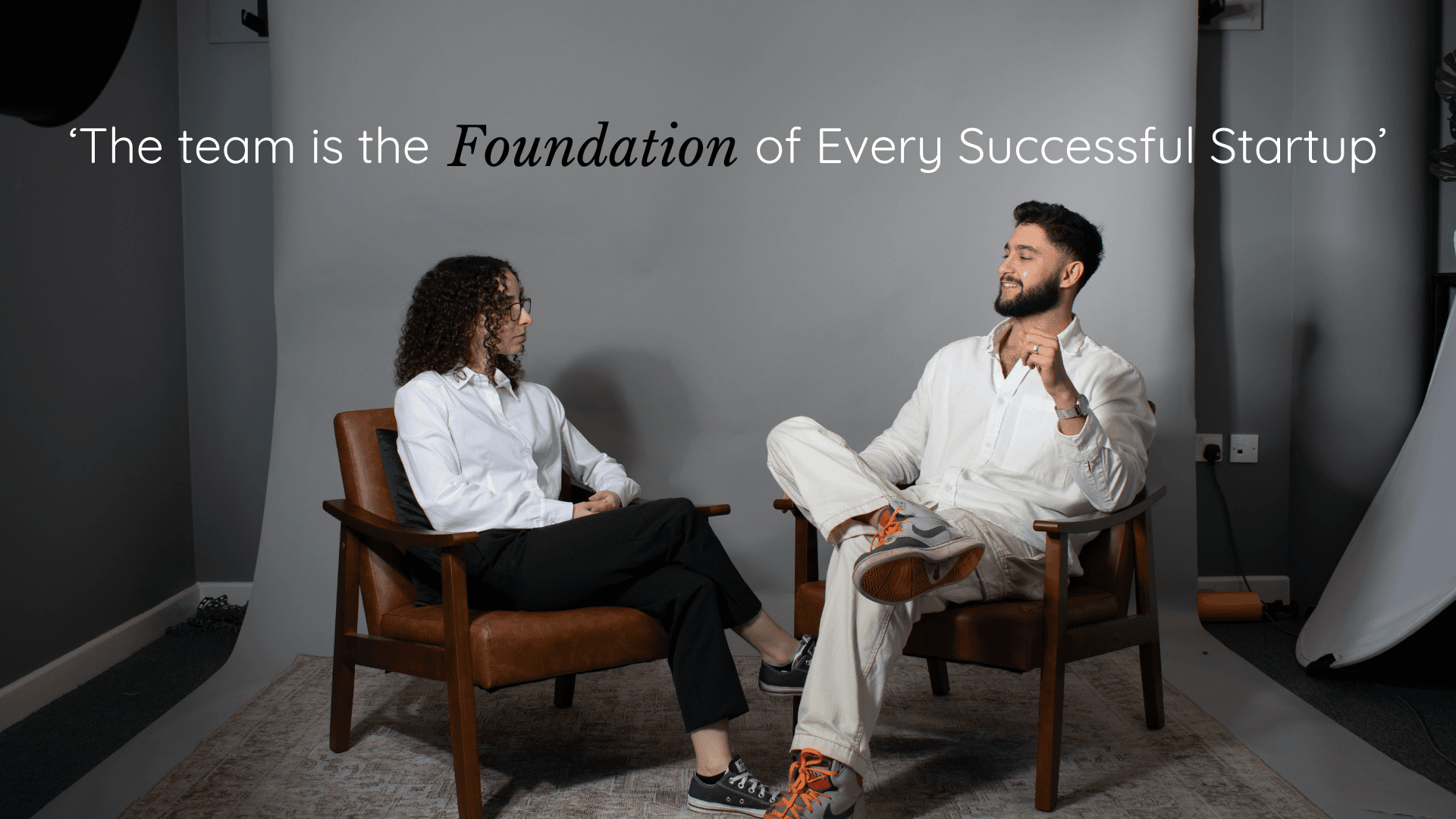Do you actually need a Co-Founder ?
Published
Mar 8, 2025
Topic
When you first get the itch to build something, it’s tempting to think you can do it alone.
After all, it's your vision, your passion, your late-night brainchild.
But there’s a silent question every early-stage founder has to wrestle with — should I bring a cofounder onboard?
This question is way deeper than it looks.
At OnlyFounders, it’s one we live every day — because Montasser, like many first-time founders, once believed he could do it all alone... until reality set in.
Today, we’re diving deep: when is it smarter to build solo, and when is it survival to bring in a partner?
Why Founders Dream of Going Solo
Being a solo founder feels clean at first:
You make all the decisions.
You keep 100% of the equity.
You don’t have to negotiate visions or deal with clashing egos.
Some of the most iconic companies started with a single founder — Jeff Bezos (Amazon), Elon Musk (first phase of Zip2 and X.com).
But here’s the hidden weight: solo founders statistically fail faster and more often.
According to data from Startup Genome, solo founders take 3.6x longer to scale past the early startup phase compared to founding teams.
And fundraising? Brutal. Investors are 3x more likely to invest in startups with at least two founders.
Why?
Because no matter how talented you are, startups are brutal.
You can't be the visionary, the builder, the marketer, the fundraiser, and the customer support rep — all at once, for years.
Not sustainably.
And when things go wrong (they will), facing the storm alone often sinks the ship.
The Silent Burnout of the Lone Wolf
Montasser once tried the "lone wolf" route.
It worked... for a while.
He could move fast, take pride in his independence, and pivot without needing consensus.
But over time, he noticed the subtle signs:
Constant decision fatigue.
No second brain to challenge bad ideas.
Motivation crashes without someone else sharing the journey.
Building a company isn't a sprint of inspiration.
It’s a grind of uncertain progress.
When it’s 2 AM, your runway’s shrinking, and you’re doubting everything — a cofounder isn’t just "helpful."
They’re your lifeline.
In Montasser’s case, those experiences directly shaped the vision behind OnlyFounders: to make finding the right partner easier, smarter, and safer for others.
When Solo Makes Sense (But Rarely)
Now — let’s be fair.
There are scenarios where founding solo can work brilliantly:
You’re solving a problem you deeply understand.
Example: A technical founder building tools for developers like herself.You can build the MVP alone.
You’re a technical founder and can ship a working prototype without waiting.You have a strong network already.
You know how to pull in help (contractors, advisors) without needing full-time cofounders.You’re building a lifestyle business, not a rocket ship.
You’re aiming for independence, not rapid venture growth.
But even then...
Most solo founders still eventually need to build a strong first team to compensate for the loneliness at the top.
Why (and When) a Cofounder is a Gamechanger
A great cofounder is not just extra hands.
They're your:
Thought partner
Emotional stabilizer
Critic who sharpens your ideas
Co-fighter in the trenches
In fact, most unicorn startups (Airbnb, Stripe, Google, etc.) were started by cofounders who deeply complemented each other.
The advantages compound:
Faster decision-making (ironically, because two heads are better at seeing blind spots).
Greater ability to divide and conquer: one raises money while the other builds.
Emotional endurance.
You carry the stress together — it’s shared, not solo.
At OnlyFounders, we see it constantly:
Founders who complement each other — technically, emotionally, strategically — don’t just move faster. They last longer.
But Beware: Not Just Any Cofounder
Here’s the trap:
Bad cofounders are worse than no cofounder.
Rushing to partner up out of fear ("I can’t do it alone!") can backfire badly:
Misaligned visions
Different work ethics
Conflicting risk appetites
Silent resentments that later explode
That's why vetting a cofounder is as serious as vetting a spouse.
(We’ll dive into how to do this in the next newsletters.)
OnlyFounders wasn't just built to help you find a cofounder — it was built to help you find the right one.
Because choosing wrong?
That mistake kills more startups than market risk, funding risk, or even competition.
So... Should You Find a Cofounder?
Here’s the honest answer:
If you can find a cofounder who:
Shares your vision
Complements your skills
Matches your work ethic
Communicates with emotional intelligence
Wants to build for the long-haul (not quick exits)
...then you should absolutely bring them onboard.
It might mean giving up some control.
It might mean harder conversations.
It will definitely mean sharing the journey.
But it also multiplies your chances of surviving and thriving.
Closing Thoughts
At OnlyFounders, we believe entrepreneurship isn’t meant to be a lonely road.
It’s meant to be a mission shared between people crazy enough to believe they can change something — together.
If you’re ready to stop building alone and start building with the right partner, explore how we’re making that journey smarter at OnlyFounders.
Because behind every great startup story...
There’s usually more than one name.
